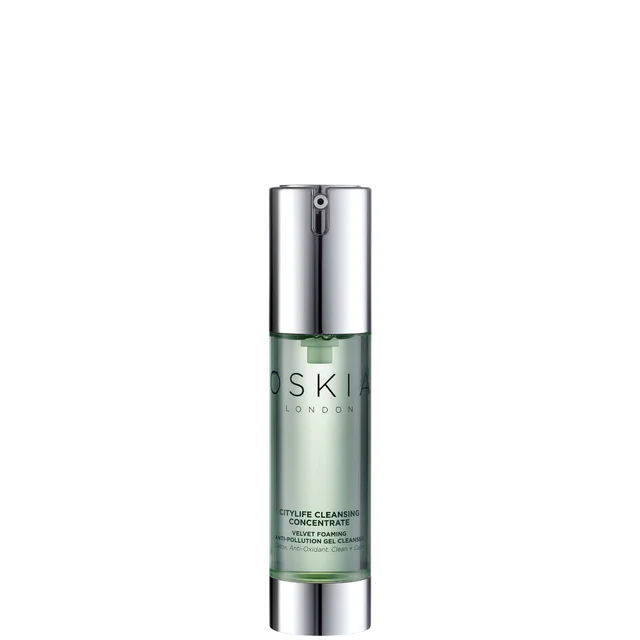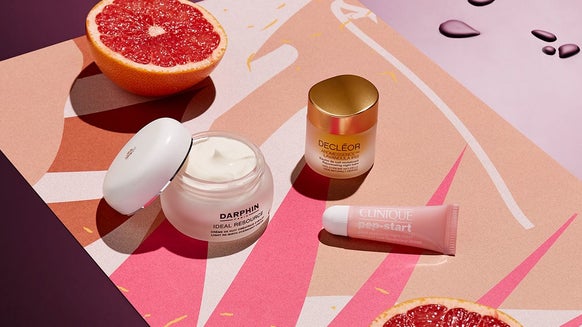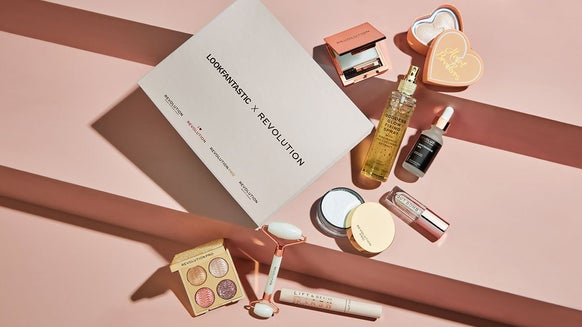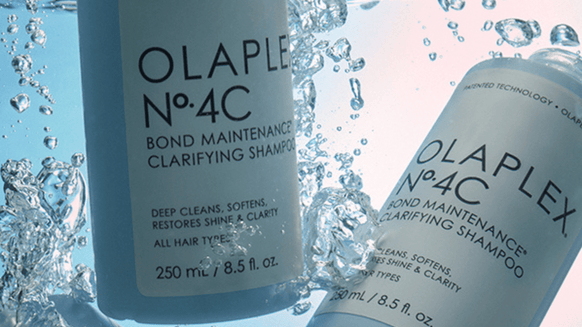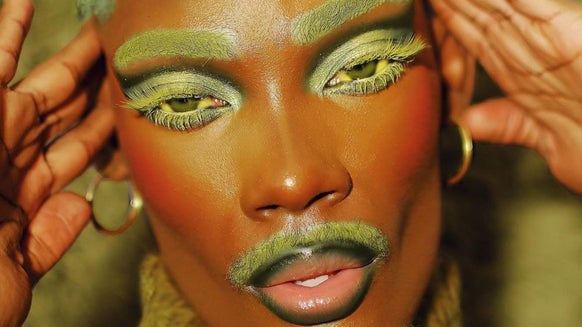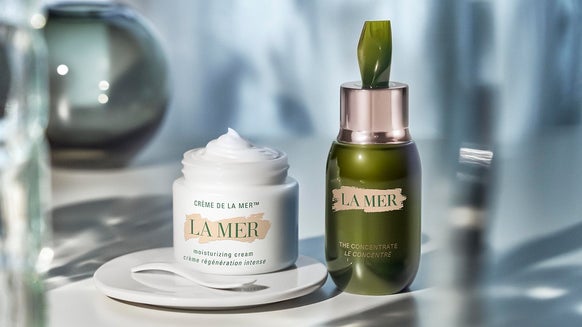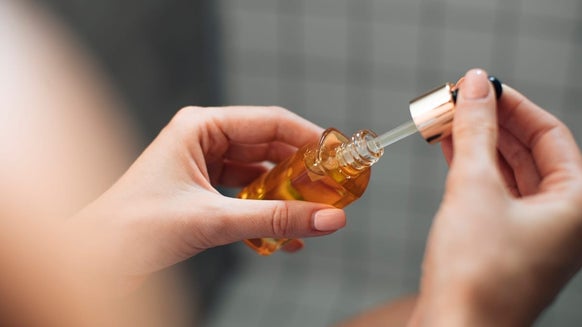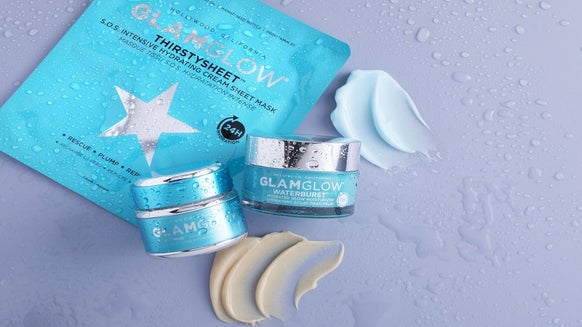Here’s how you’ve been using Vitamin C wrong…
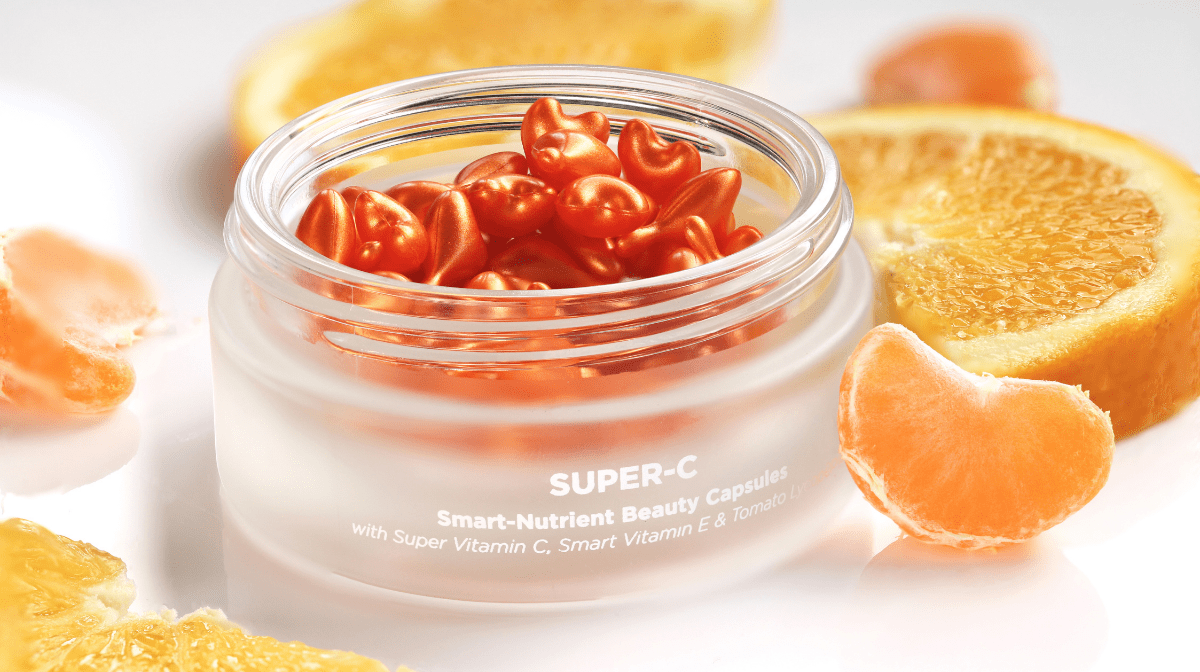
Last Updated: 02/09/24
What is Vitamin C?
"Vitamin C is ascorbic acid, a water-soluble acid that is vital for health – for the production of enzymes, as a neurotransmitter, to support the immune system and for repair of tissue. Depending on the derivative of vitamin C, it can do wonders for skin health including boosting collagen production, brightening skin by evening out hyper-pigmentation and protecting it against damage from free-radicals."
What are the skin benefits of vitamin C?
"Vitamin C not only plays a vital role in cell health, but if used correctly and formulated properly, it has hugely beneficial effects on skin types. These benefits range from helping to calm redness to evening skin tone, improving cell survival, boosting hydration and collagen synthesis. It also helps to prevent collagen degradation, which in turn reduces the appearance of fine lines, makes skin strong, supple, healthy and glowing."
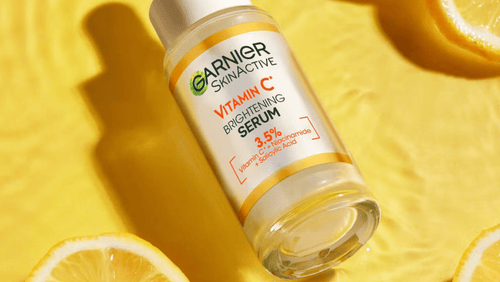
10 of the Best Vitamin C Serums for Your Face
Discover our edit of the best Vitamin C serums to help improve skin texture, clarity and pigmentation, and give your complexion a gorgeous glow.
What are the potential risks of using Vitamin C?
"Vitamin C is known for being highly unstable, as it oxidises very quickly and can become pro-oxidant very quickly due to heat, air and light. Ascorbic acid does not always penetrate into the skin very far, therefore it ends up oxidising on the surface of the skin, which causes dryness, damage and orange-tones.
Ascorbic acid is acidic, so it can cause skin irritation such as peeling, stinging and excessive dryness, particularly when used in high percentages. Not only this, but it also requires a low pH (aka acidic) environment to be able to penetrate the skin, meaning that formulations using ascorbic acid that are not acidic in pH can lack any real efficacy."
What are some common mistakes people make when using Vitamin C?
"We are told to believe that the higher the concentration the better, but for vitamin C, as with most actives, little and often is far more productive and effective for the long term. I always recommend using vitamin C in the evening, every evening (for collagen production as this is when skin repairs and regenerates.)
Another very easy mistake to make is to believe that Vitamin C will protect against all forms of pollution. In fact, this is one of the most common questions we are asked. Vitamin C, along with all anti-oxidants, will only protect against free-radicals, and not one antioxidant will protect against all four different types of free-radicals. Pollution is a lot more than just free-radicals, and therefore vitamin C falls very short on protecting against pollution as a whole."
Are there any skin types that should avoid using Vitamin C?
"No, all skin types can benefit from vitamin C. It is just important to pick your derivative and choose a formula that is designed for your skin type, (whether that be oily, sensitive or dry) and use a lower percent if your skin is sensitive. Not all vitamin Cs are equal and there are now a huge range of new derivates available for different skin types."
Are there any ingredients that Vitamin C shouldn't be mixed with?
"Vitamin C can generally be used easily with other ingredients, however for those with blemish-prone skin, avoid using benzoyl peroxide at the same time as vitamin C as they effectively cancel each other out. Ideally use a vitamin C product, and any other antioxidant formulas, in the morning, and use benzoyl peroxide at night. EUK-134 is another active worth keeping apart from ascorbic ccid due to the acidic pH.
How should you use Vitamin C in order to use it safely?
Ascorbyl Tetraisopalmitate has three times better penetration than ascorbic acid and is able to produce better results, even when used in doses 25 times lower than ascorbic acid. But most importantly, it actually has major skin brightening properties by reducing melanogenesis by up to 80%.
If using a derivative like this, your world is your oyster. It causes less sensitivity, will not react with other products and importantly does not cause irritation."
From a young age I’ve been immersed in the beauty industry, getting my first job at a skin clinic and staying there for almost 5 years. My love for skincare was born from the constant exposure to new French pharma skincare products, award-winning supplements and revolutionary techniques to snatch your face. My go-to look is a dewy, natural base using a tinted moisturiser, enhanced by a colourful eyeliner. The Garnier SPF50+ Face Fluid and YSL Touche Éclat Blur Primer are my holy grails.
